The Pilates Rx Blog
REFINING YOUR APPROACH TO PILATES
Subscribe and stay up to date with the latest tips and news.
FEATURED ARTICLES
Stress is a part of everyday life, and many of us turn to exercise as a way to cope with it. While movement is essential for health not all exercise affects the body in the same way especially when it comes to stress hormones like cortisol. Understanding how cortisol responds to different types of movement can help us choose practices that support our nervous system and build resilience.
Many of us know someone, or are someone, affected by chronic pain. For many people, pain becomes more than a physical sensation; it can feel like an ongoing, stressful mystery. Why does it linger even when imaging looks “normal”? Why do flare-ups happen seemingly out of nowhere?
While it may not completely erase chronic pain, pain neuroscience offers a clearer understanding of what pain actually is and why it behaves the way it does. More importantly, it provides tools that help the body and nervous system move toward recovery.
With this foundation in mind, we can look at how Pilates and Pain Neuroscience Education work together. When combined, they create an approach that supports more confident movement, builds strength, and encourages greater freedom in everyday life.
The diaphragm may be best known for its role in breathing, but its impact goes well beyond air exchange. Each inhale and exhale helps organize your spine, support your core, and guide the alignment of your entire body.
Below, we’ll explore why this muscle is so important, how it affects your core, and simple ways you can use your breath to improve the way you move.


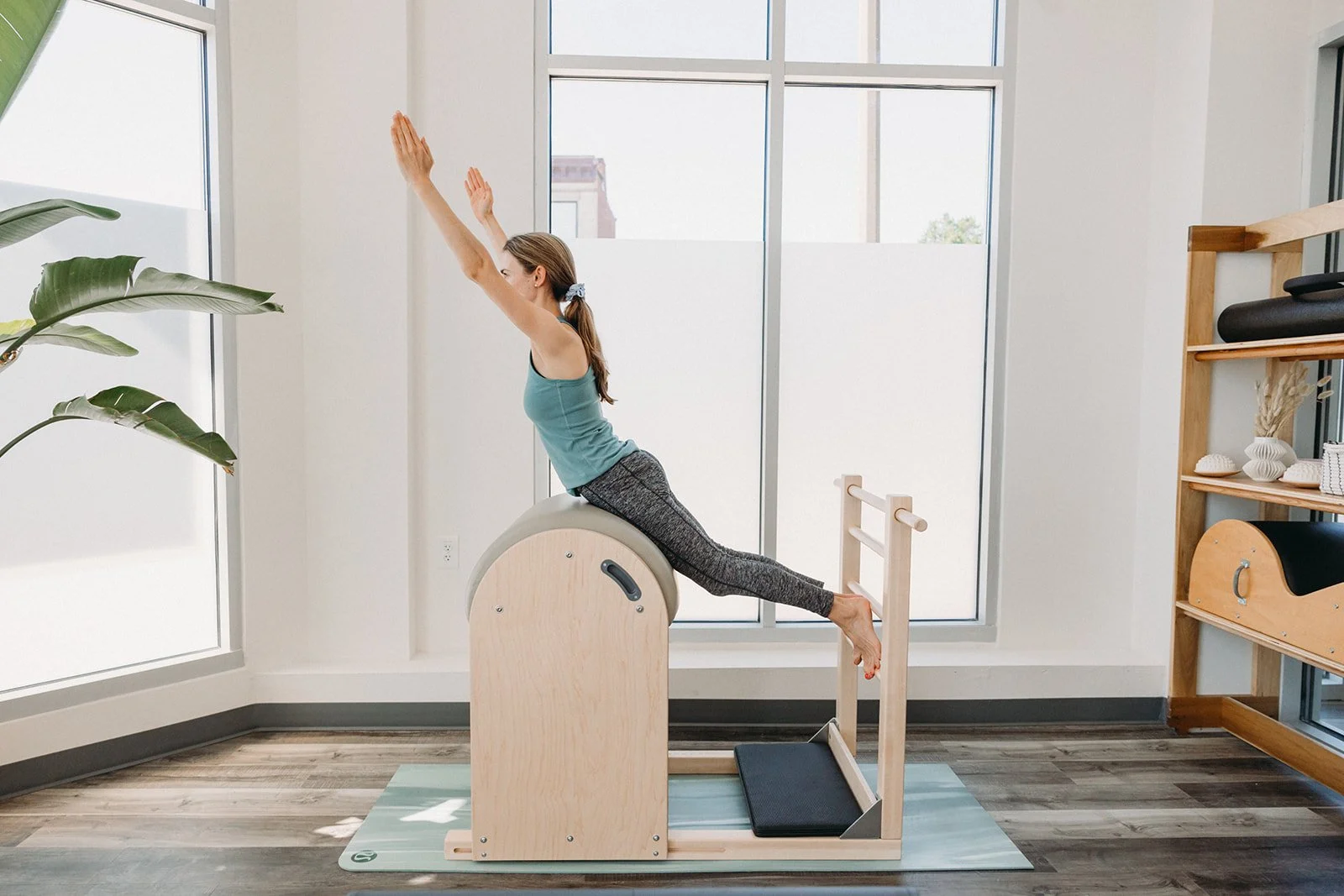
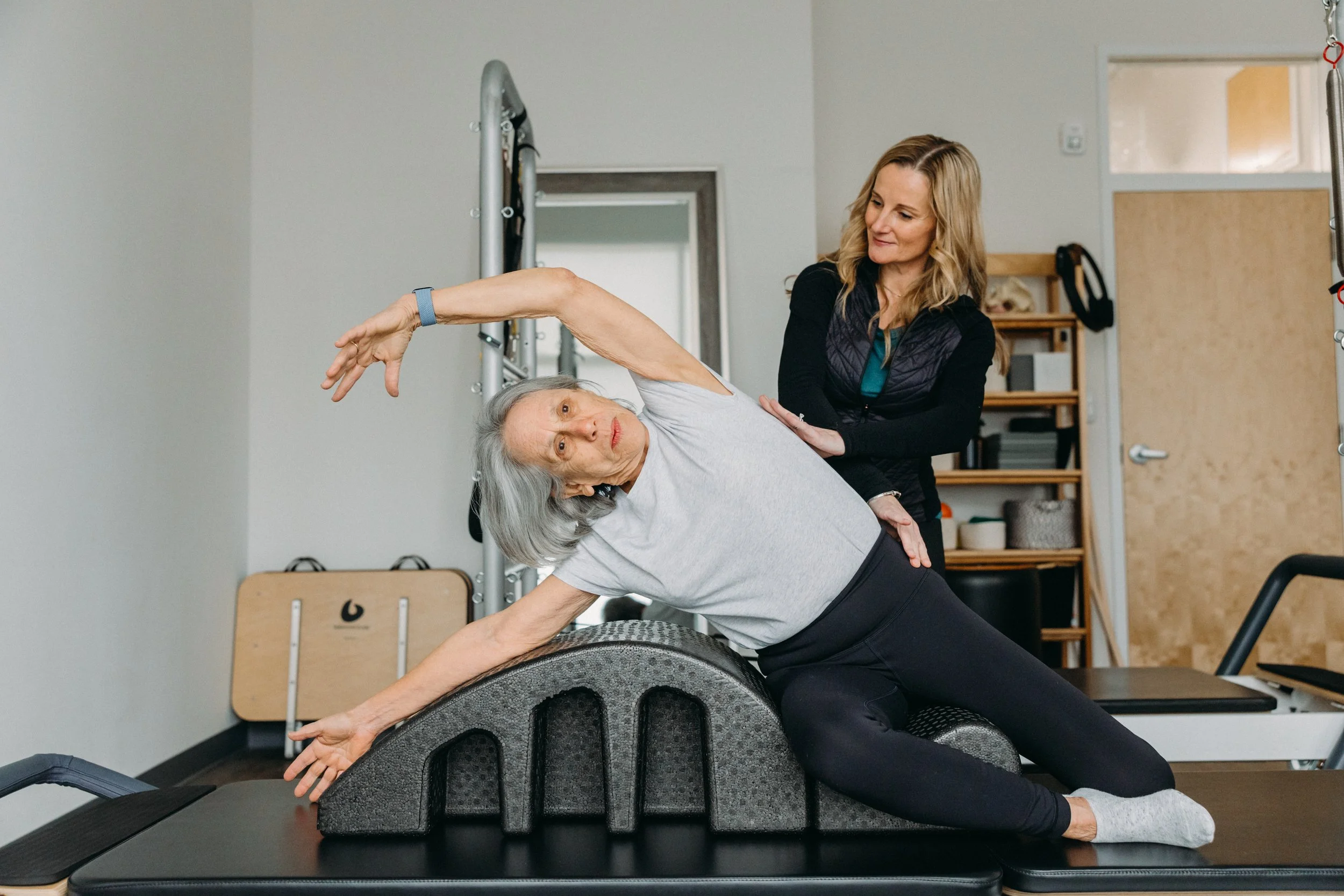
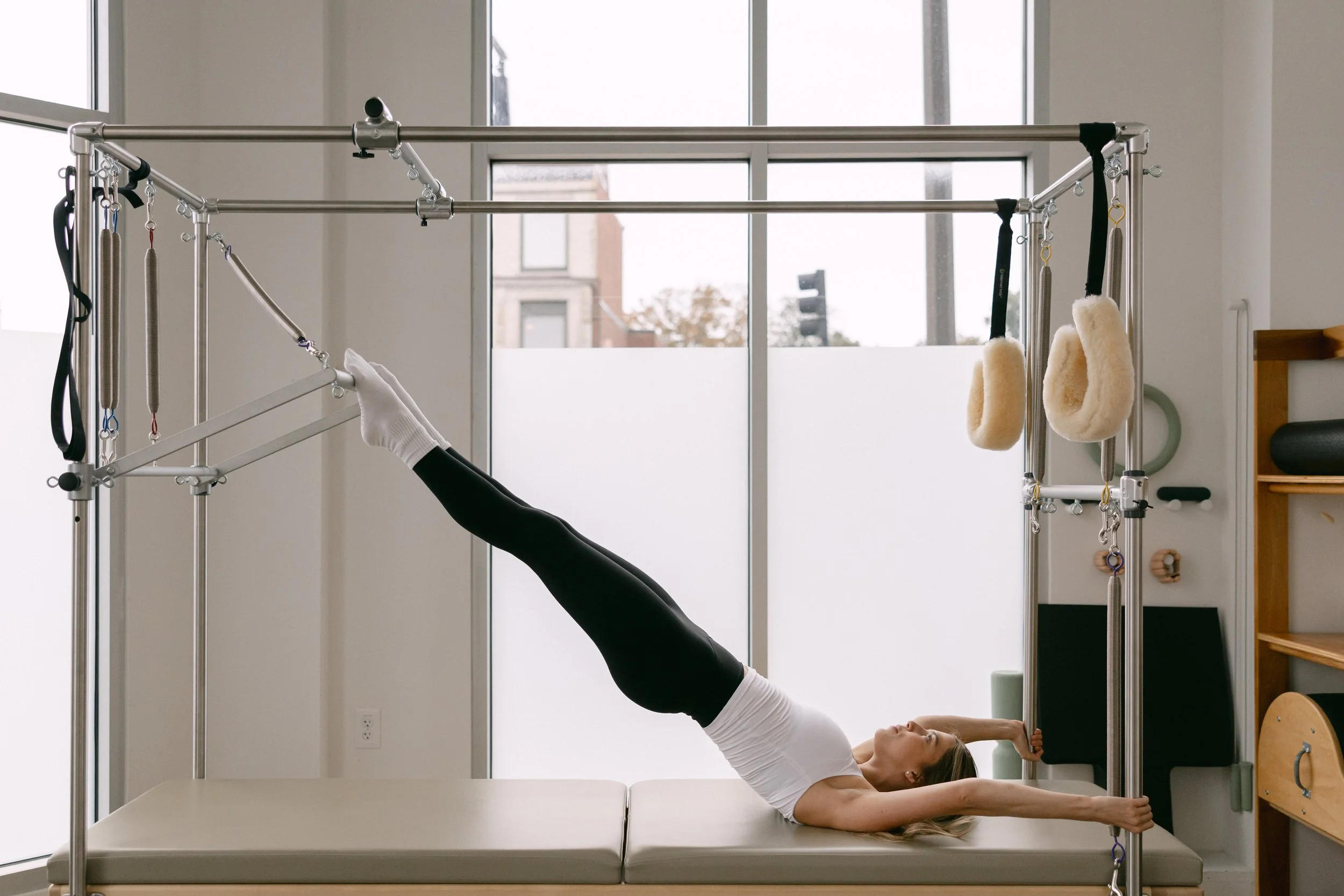
































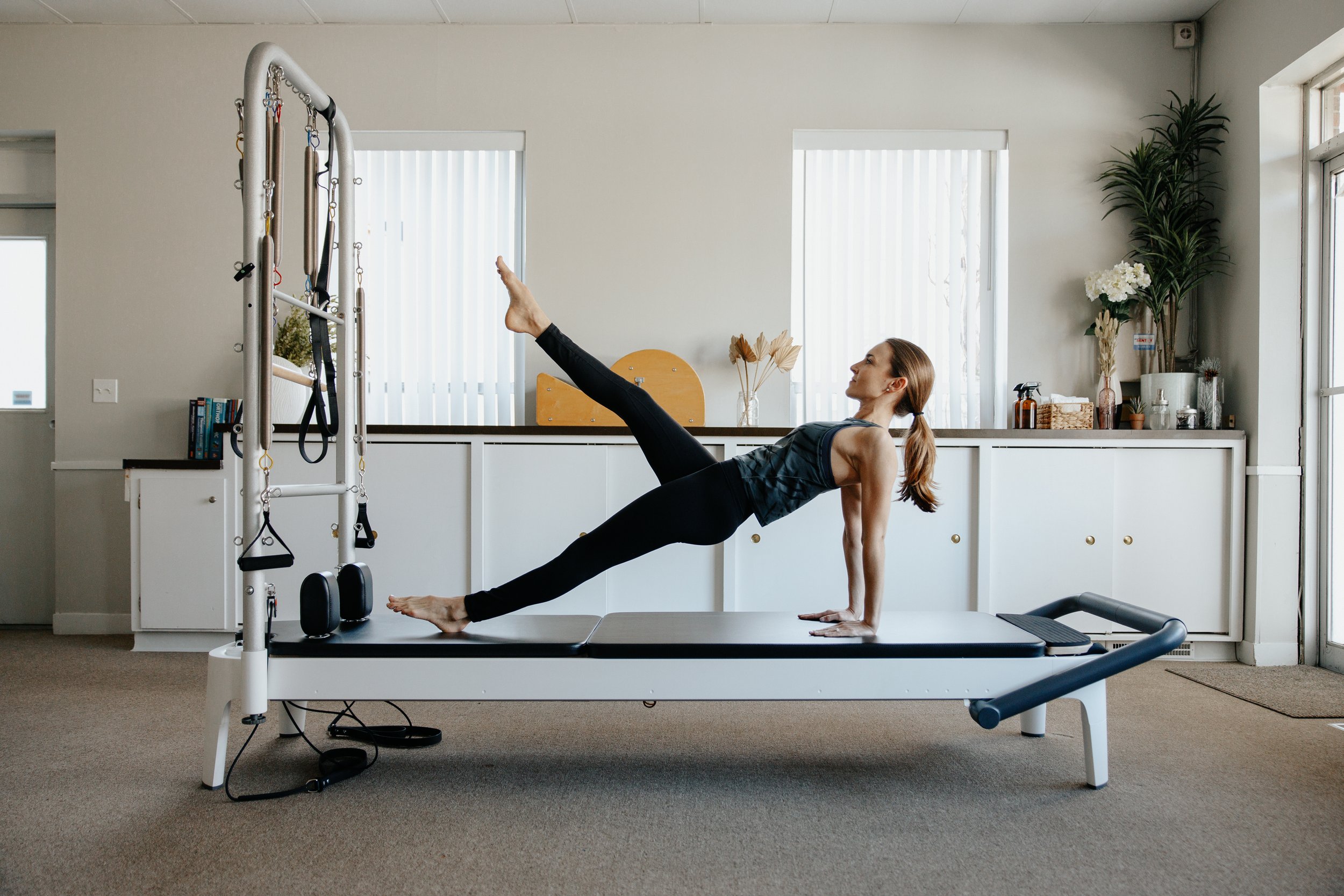






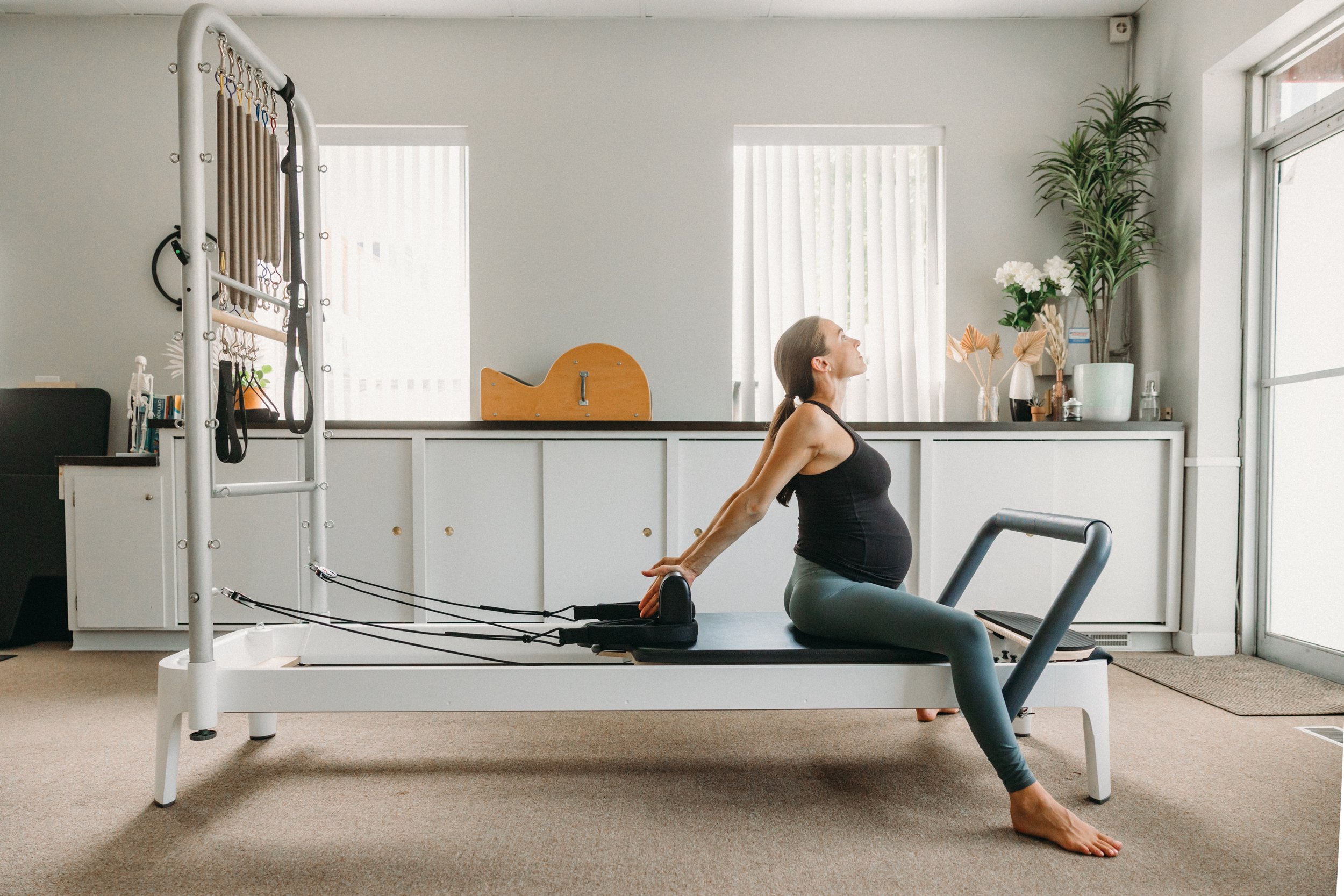
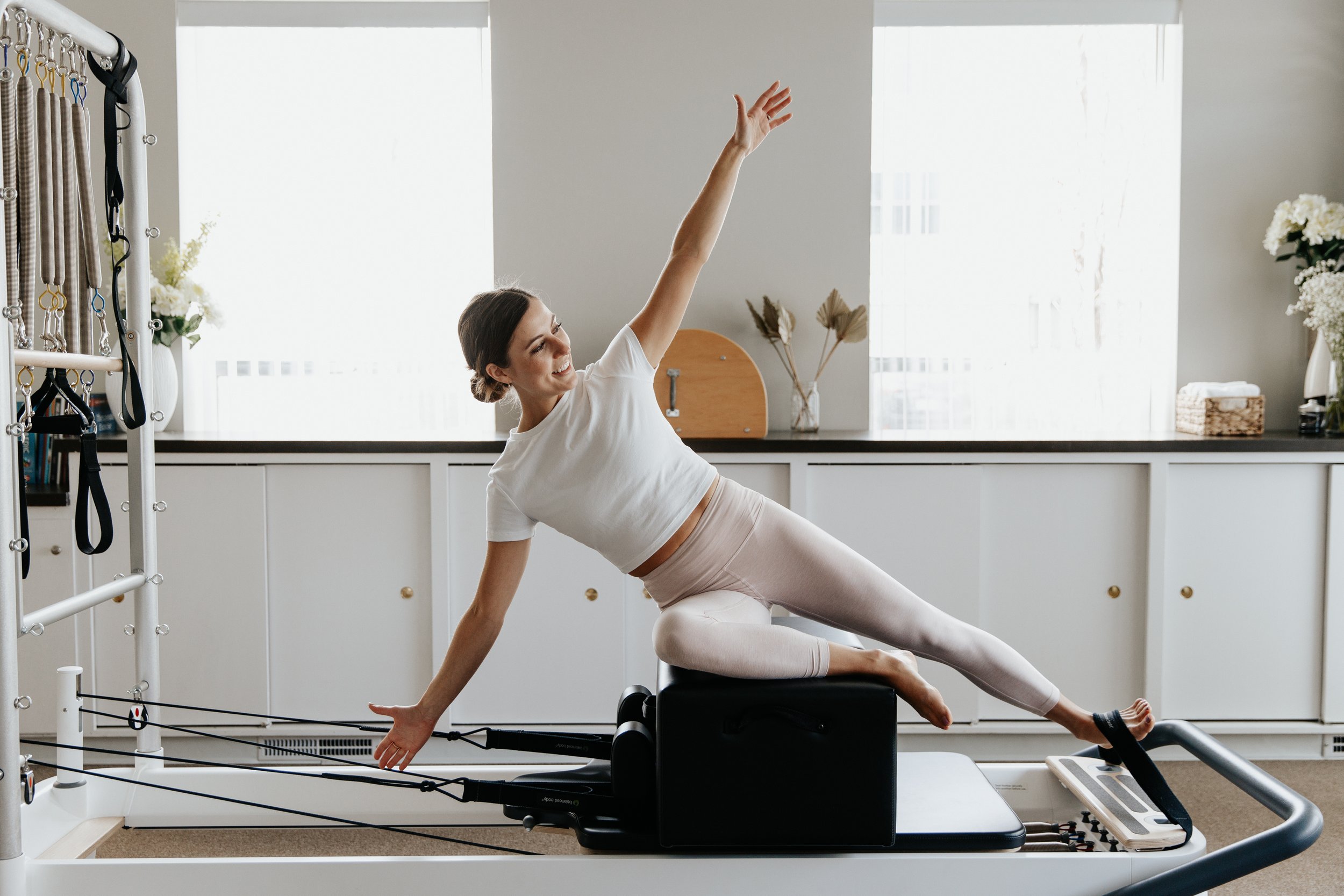


Stress is a part of everyday life, and many of us turn to exercise as a way to cope with it. While movement is essential for health not all exercise affects the body in the same way especially when it comes to stress hormones like cortisol. Understanding how cortisol responds to different types of movement can help us choose practices that support our nervous system and build resilience.